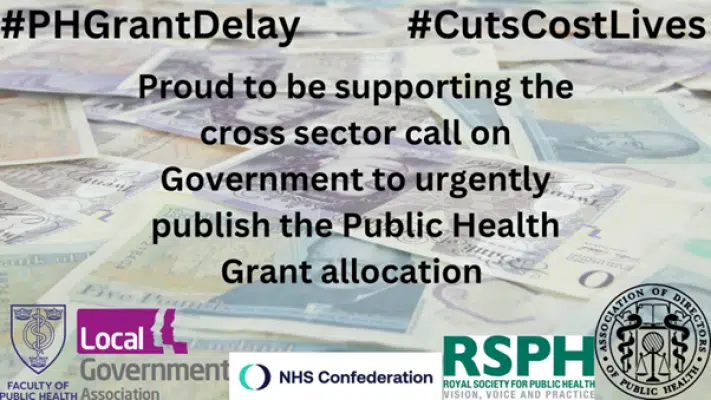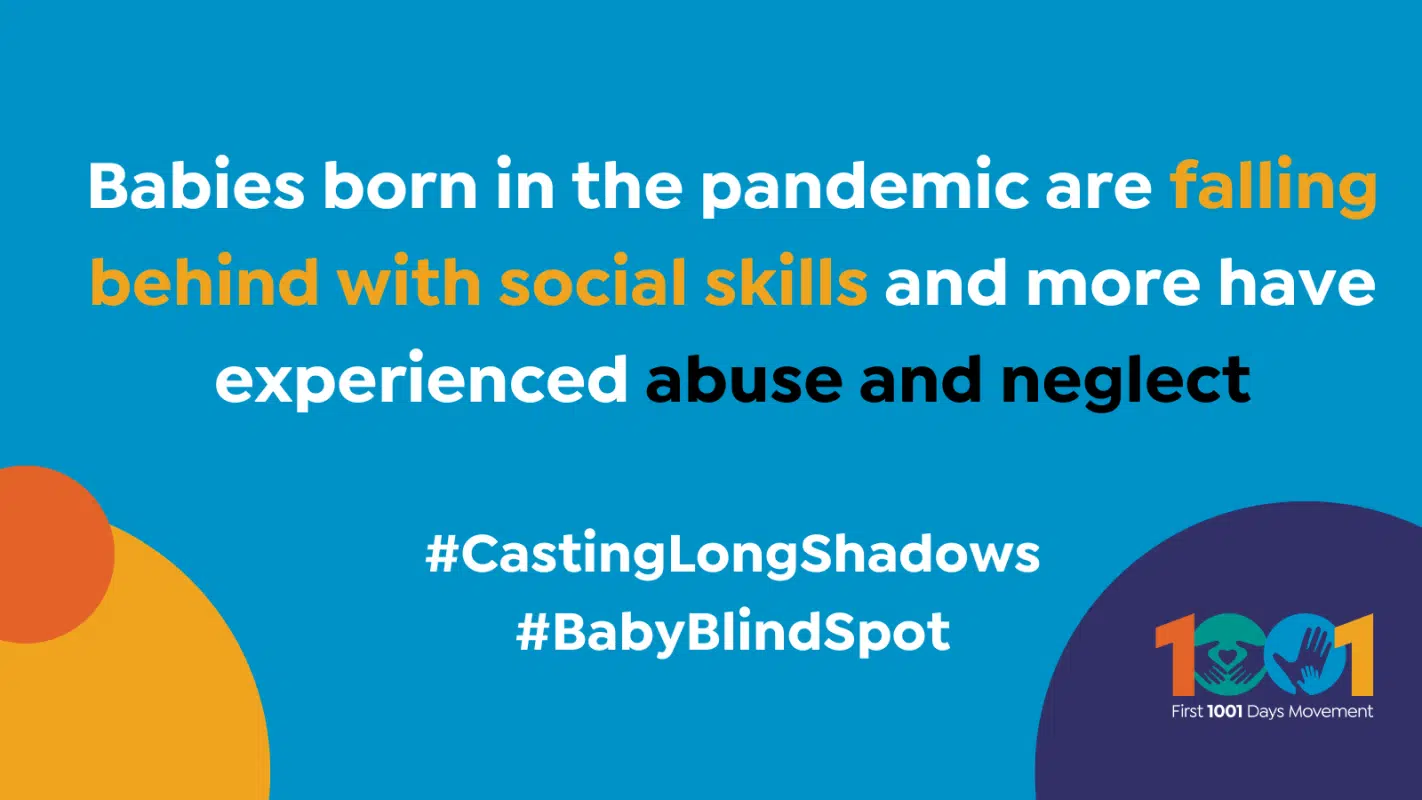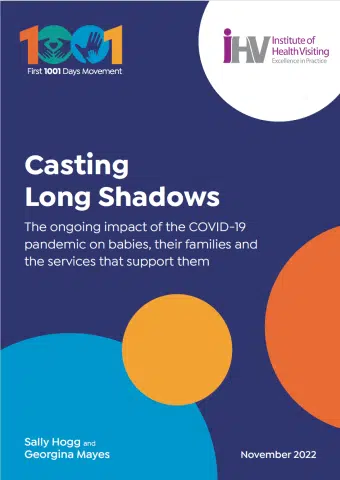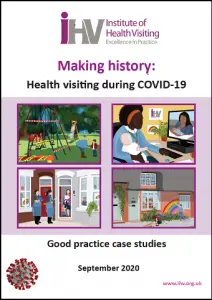A five-year roadmap called Researching Effective Approaches for Children (REACH) has been published today to find out what works to prevent domestic abuse and support child victims. This plan has been produced by Foundations, What Works Centre for Children & Families, who provide answers and practical solutions that empower decision makers to improve policy and practice on family support. The plan shares some sobering statistics and highlights how five million children are affected by domestic abuse in the UK, with the social and economic cost standing at £74 billion a year.
The ambitious plan sets out for the UK to become the first country in the world with a set of proven approaches to prevent domestic abuse and support child victims. The document highlights the lack of knowledge about what works to prevent domestic abuse and support child victims, and the need for rigorous evaluation of programmes and services to determine their effectiveness in improving outcomes.
The REACH plan is underpinned by four principles:
- To work alongside services to prepare for impact evaluation. They will not evaluate services before they are ready.
- Rigorous impact evaluation – to prove that something works to improve outcomes for children.
- Testing approaches across the spectrum, from prevention through to helping children recover. This could include prevention and identification services such as health visiting.
- Ensuring that victims and survivors are fully engaged in REACH.
The REACH plan is tightly focused on the end goal of finding results from robust impact evaluation. The plan sets out the following four stages to identify and evaluate promising programmes, with the goal of taking around 20 programmes through to full-scale impact evaluation:
- Stage 1: Finding the best bets. Estimated number of programmes: 80
- Stage 2: Groundwork for evaluation. Estimated number of programmes: 50
- Stage 3: Initial testing Estimated number of programmes: 30
- Stage 4: Full impact evaluation. Estimated number of programmes: 20
Each stage of this plan will help the service providers they work with to strengthen their services and increase their readiness for evaluation, as well as enable identification of the strongest delivery models that are ready to be evaluated for impact.
The implementation of the REACH plan requires an investment of £75 million over five years, which the document highlights is around 0.1% of the estimated £74 billion annual social and economic cost of domestic abuse.
The success of the REACH plan relies on collaboration and engagement with service providers, victims, and survivors of domestic abuse. It emphasises the importance of involving victims and survivors in decision-making and ensuring their experiences and expertise inform the evaluation process. Additionally, partnerships with research funders, trusts, and foundations are sought to support the plan’s implementation.
To read more about the plan and how you can get involved – click here.









